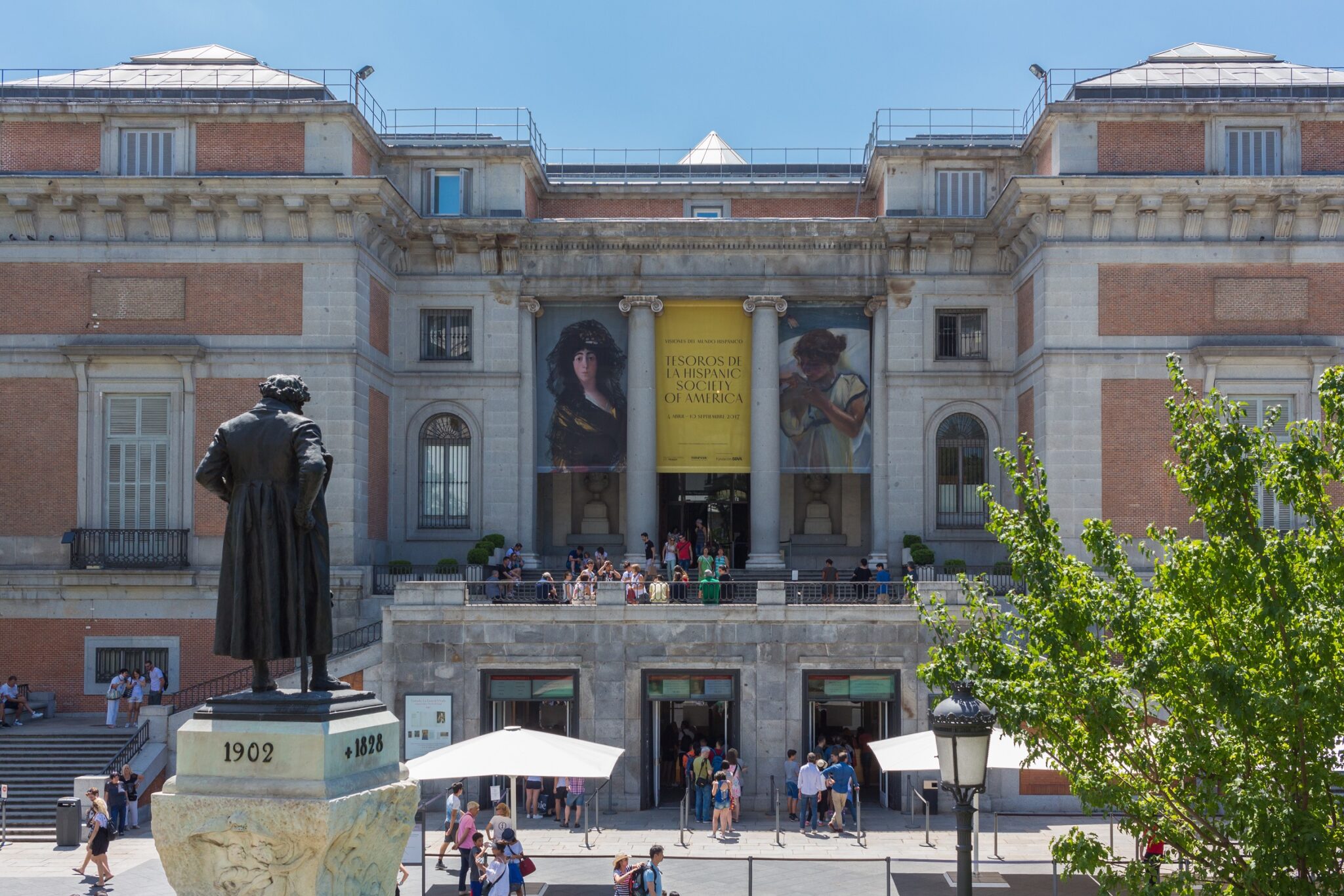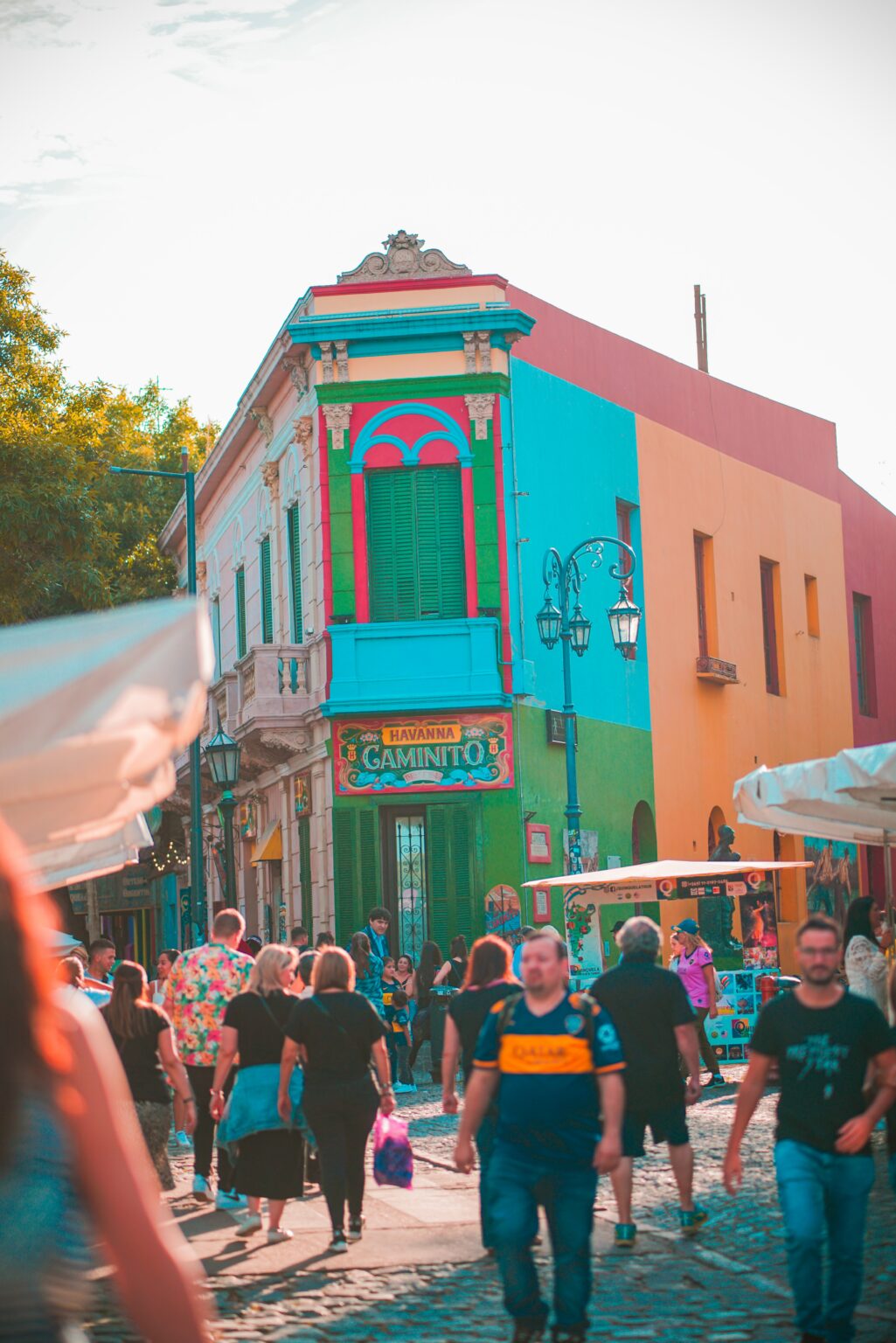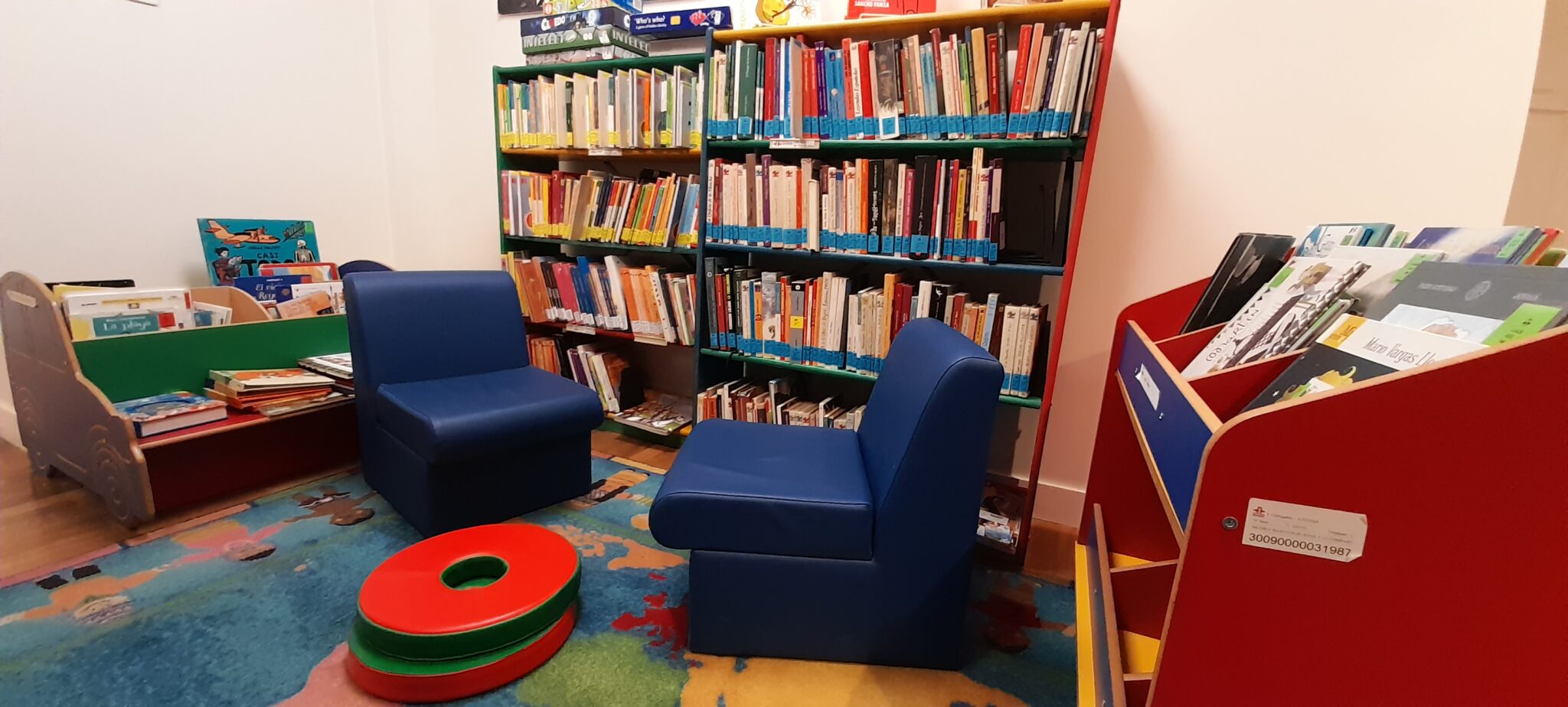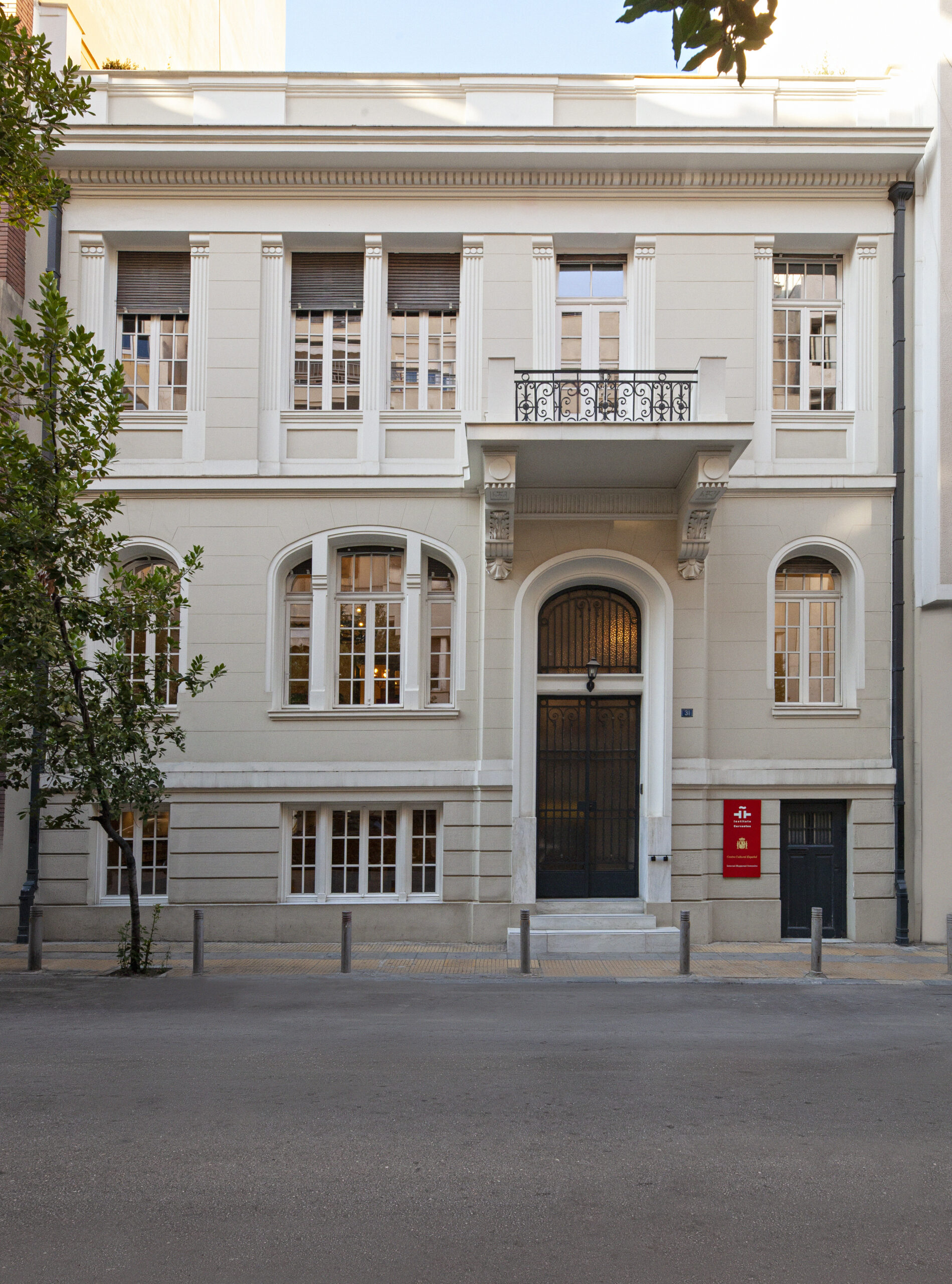It’s no exaggeration to suggest that whenever we venture into a foreign land, our earnest attempts, however modest, to converse in the local tongue are often met with warm smiles and genuine appreciation. Even if our pronunciation falters, or minor mistakes are made, linguistic connection offers a profound insight into a place’s culture. It plays a pivotal role in shaping our understanding of its reality and the practices of its people.
If overseas journeys stir your passion, you might have a list, perhaps tucked away, detailing the destinations you ardently wish to one day explore. Europe, with its majestic cities like Madrid, Barcelona, and Valencia, remains an optimal choice for a short sojourn. Yet, your heart might yearn for more distant, exotic locales. Another continent perhaps, typically bathed in warmth, where fragrances linger sweet and strong, and where the remnants of ancient and grand civilisations abound. Imagine a week amidst Mexico’s breathtaking landscapes, a honeymoon in Cuba, or an immersive experience amidst the towering peaks of Peru’s Machu Picchu. Or an unforgettable journey through Argentina or Colombia, truly aligning yourself with the ethos and spirit of Latin America. Otherwise perhaps, a dive into the enchanting beaches of Costa Rica, Panama, the Dominican Republic, or Honduras.
We often remain oblivious to the fact that these splendid countries, each with its distinct character, share an essential common thread. That is the exquisite, melodic, and ever-so-articulate Spanish language, spoken by nearly 580 million people worldwide. Spanish serves as the bridge drawing these diverse cultures, peoples, and nations closer, binding them together on this vast globe.
If you’ve ever felt the pull to be a part of this expansive tapestry of cultures, rest assured, it’s never too late. The Cervantes Institute, the official state institution for the propagation of the Spanish language, offers courses throughout the year. These are led by distinguished professors and can be attended in person or online. Beyond any doubt, you will not regret it! Not only is Spanish the official language of 20 countries, making it invaluable for your travels, but it’s also closely related to several other languages, rendering it useful should you decide to expand your linguistic horizons further.
Who hasn’t dreamt of delving into the captivating cultures of the Incas or the Mayas? Or perhaps visiting iconic museums like Madrid’s Reina Sofia or the Prado National Museum? Not to mention the breathtakingly beautiful architectural works of Antonio Gaudí in Barcelona. It’s worth noting that Spain ranks third in the world for UNESCO Cultural Heritage sites. To speak fluently in the mother tongue of these nations gives you an unquestionable edge in understanding and immersing yourself in the places you visit. This linguistic competence enriches your travel experience, making it both more meaningful and enjoyable. After all, every journey that incorporates the local language is a superior and more fulfilling adventure.
The Cervantes Institute commenced its journey in Greece in 1991. This was the year when, for the first time, Spanish-speaking tutors with specialised training began instructing in small cohorts, achieving rapid and effective learning of the Spanish language among their students.
Currently, across the world, more than 100,000 students turn to the Cervantes Institute either for an initial encounter with the Spanish language, to refine their skills, or even — why not? — to attain the DELE certificate, an official testament to their exemplary knowledge of the Spanish language. At first glance, this may seem an overly ambitious endeavour. But with a little time and plenty of support from your tutors and co students you’ll be good to go in no time.
In Athens, as well as at its branch in Thessaloniki, the Cervantes Institute offers courses catering to all ages and proficiency levels, in alignment with the Common European Framework of Reference for Languages. Importantly, enrolment includes complimentary access to the most prominent Spanish library in Greece: the Juan Carlos Onetti Library of the Cervantes Institute in Athens. Furthermore, it allows participation in a rich array of cultural events, all centred around the Spanish-speaking culture. We welcome you to find out more.















